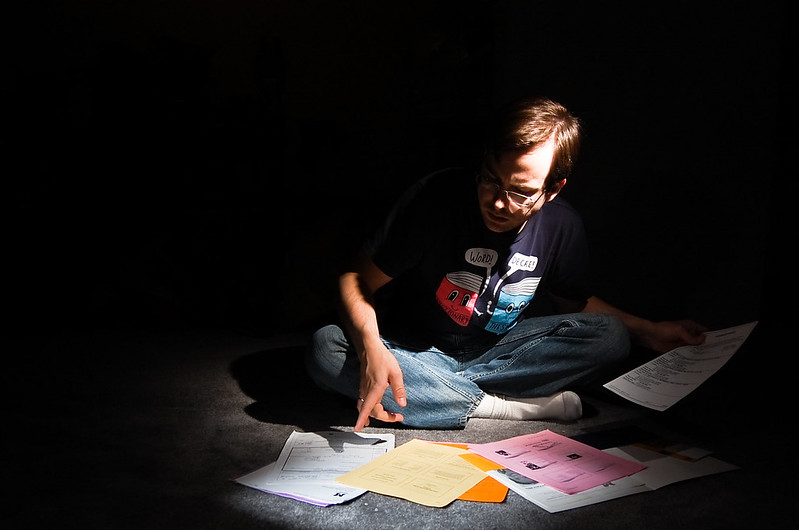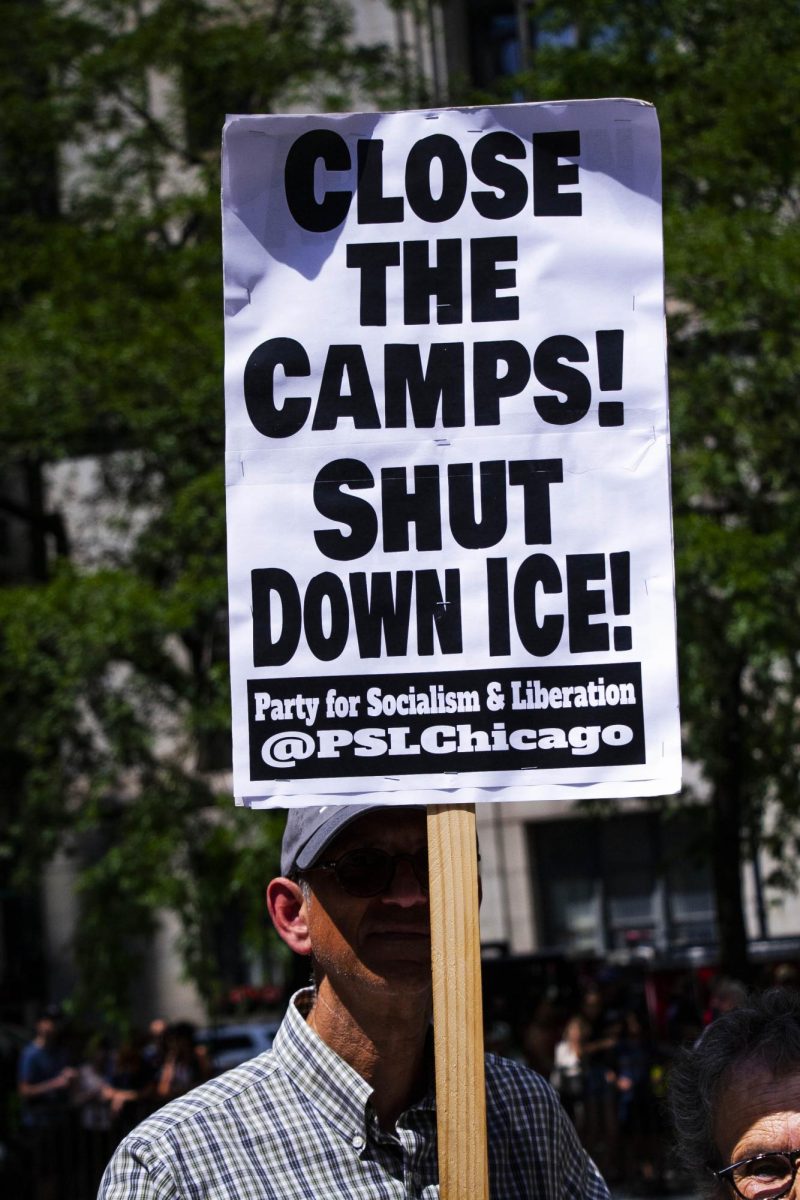NC State students fill the Talley Student Union atrium on Sept. 23 for a “die-in” as a form of nonviolent protesting. Students laid down and filled the floor to represent those who have been unfairly murdered.
Carl Hintz | Correspondent
Erin Elliot | Correspondent
The University of North Carolina’s Board of Governors adopted Policy 1300.8 on December 15, 2017, a policy that changes the ways students are allowed to protest and hold demonstrations on colleges and universities within the UNC system. The board created the policy after the General Assembly mandated the UNC Board of Governors to develop and adopt the policy.
What this policy says:
- Students, staff and faculty can freely assemble and protest as long as it is “lawful and does not materially and substantially disrupt” the campus’ functioning.
- Campuses are open to any speaker invited by students, student groups or faculty members.
- UNC system schools can’t take action on “public policy controversies” if it requires students, faculty, or administrators to express a particular view.
- Disruptive students could be suspended or expelled. Disruptive faculty could be dismissed.
- Disruptive guests could be barred from campus.
Why was this policy made:
- The Board of Governors was directed by the General Assembly to develop a policy on free expression to “restore and preserve campus free speech.”
- According to the policy, “the right to dissent is the complement of the right to participate in expressive activity, but these rights need not occupy the same forum at the same time.”
What this means for students:
- Students have the right to dissent but they cannot disrupt another meeting, forum, discussion, speech etc. without risking consequences.
- Nor can students “substantially disrupt” UNC General Administration, UNC System Schools, or the “protected free expression rights” of others. Disruptions include behaviors such as invoking and participating in violent conduct, seizing any educational facility without the proper authority, and refusing to leave the official meeting/assembly in order.
- Consequences are determined by each individual school. Students, faculty and staff could be sanctioned with punishments including suspension, expulsion, demotion or dismissal.
- If a student would like to voice their opinions in opposition to an event on campus, the Board of Governors suggests navigating the proper channels rather than infringing on another person’s right to meet.
- The policy does not protect defamation, unlawful harassment, threats that communicate a serious expression of intent to commit an act of violence and unjustifiable invasion of privacy.
Editor’s Note: A previous version incorrectly stated that Governor Roy Cooper signed the law mandating the Board of Governors to create the free expression policy.







